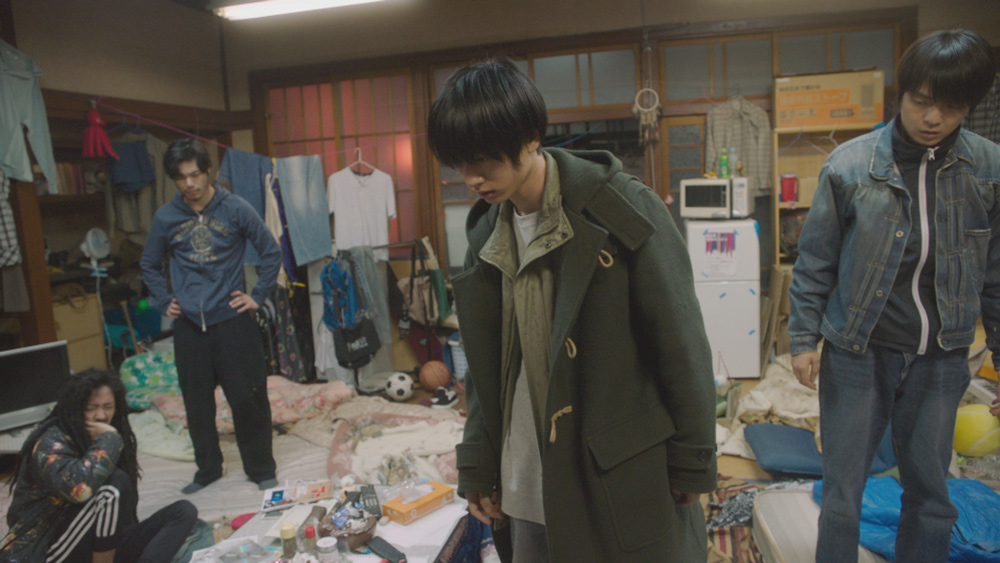!["Wonderwall the Movie" director Yuki Maeda conveys the problems that are happening in reality through fiction [Director's Interview Vol.61]](https://cinemore.jp/images/3b4e1eba2d6960db7d375b471d120e0ec404bbdd3506162e9c39c1a7896b3543.jpg)
"Wonderwall the Movie" director Yuki Maeda conveys the problems that are happening in reality through fiction [Director's Interview Vol.61]
``Wonderwall the Movie'' is set in a university student dormitory in Kyoto and depicts young people confronting the issue of whether or not the dormitory exists. This work, which was originally a regional NHK drama, was able to be released as a movie in theaters thanks to the enthusiastic support of many people and the efforts of those involved. This work was directed by NHK's young director Yuki Maeda. How did he, who had previously worked on many documentaries, take on the challenge of producing his first drama? We spoke to Mr. Maeda.
Index
- A script shot almost as it was in its first draft.
- Atmosphere created by the cast
- conveying reality through fiction
- The unexpected magnitude of the response
- Reasons not to split the cut
- The power of culture
A script shot almost as it was in its first draft.
Q: Director Maeda still works for NHK when the drama was produced, right?
Maeda: That's right. I've been working at NHK for 6 years now. At the time of filming, I was 25 years old and in my fourth year.
Q: How did Director Maeda become involved in this work?
Maeda: At the time, I was working at NHK Kyoto, and there was a program called ``regionally produced dramas'' produced by local stations, and I was asked if we could make something in Kyoto. So, I decided to start with the theme of students. From there, we decided that it might be interesting to try out student dormitories, and the project began. That was around spring 2017. A while later, around December of the same year, I asked Aya Watanabe to write the script.
Q: What did you discuss with Aya Watanabe when you asked her to write the script?
Maeda: The original plan was to bring to the fore the unique culture of student dormitories and sketch the daily lives of students in student dormitories and Kyoto. Then a kid comes in who is having trouble finding a job, and the plot was about a modern-day kid coming into the student dormitory and feeling something.

Afterwards, as Mr. Watanabe and the staff talked about student dormitories, we learned that student dormitories are actually very old and have various problems, such as rebuilding or abolishing them. Then, it seemed that Mr. Watanabe's awareness of social issues, which he had always had, and the issue of the survival and abolition of student dormitories seemed to fit together, so if he was going to draw a student dormitory, why not make the issue of survival and abolition the theme? . That's what we talked about.
Q: Did the director make any requests for Watanabe-san's script?
Maeda: No, there are almost no requests, and in fact, it feels like we are filming the main story almost as it is in the first draft. Mr. Watanabe and I interviewed student dormitories, discussed issues regarding their existence and abolition, and spent a long time sorting out information together, so at that point we were in a state where we were completely in sync with each other. . Now, the rest is up to Aya (Watanabe)! The finished product was wonderful, and neither I nor the staff had any objections. So it looks like it was taken just like that.

